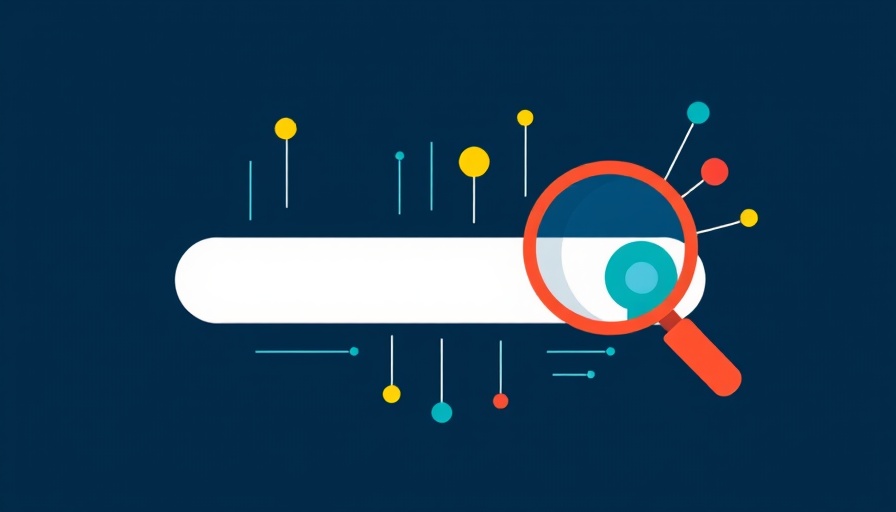
The AI Search Race Heats Up: Is Google Lagging Behind?
In the world of artificial intelligence, timing is everything. As Google launches new AI features within its search engine to compete with OpenAI’s ChatGPT, it's clear that the tech giant is scrambling to keep pace in a rapidly evolving landscape. Announced in March 2025, these additions attempt not only to enhance Google's search capabilities but also to integrate Google's Gemini AI into their existing platforms. However, critics are questioning whether this move marks a proactive strategy or simply an effort to catch up with OpenAI's earlier advancements.
Understanding the Competitive Landscape
OpenAI has made significant strides with its ChatGPT, integrating web search capabilities that allow users to receive more conversational and contextually rich responses. This evolution is proving to be a serious challenge for Google, which has long dominated the search market. With OpenAI’s features offering real-time information retrieval combined with natural language processing, it represents a potential paradigm shift away from traditional search algorithms towards an interaction more akin to chatting with a knowledgeable assistant.
The Implications of AI in Search Technology
This transformation brings up important considerations. As AI continues to infiltrate the search engine space, questions around reliability, trust, and ethical use of technology come to the forefront. For instance, how should companies ensure that information provided through AI is accurate and trustworthy? OpenAI has been addressing this by establishing partnerships with various publishers, allowing it to provide sourced information effectively. In contrast, Google's AI Overview feature has faced scrutiny regarding its reliability, which could lead to user distrust if not managed properly.
What This Means for Users
For everyday users, the evolution of AI search features might enhance the way they interact with the digital world. With improved question-answering capabilities, users could experience a more engaging search process that not only delivers answers but also relevant content in a user-friendly format. Additionally, this dynamic may lead to a reconsideration of the information ecosystem itself, altering how users navigate knowledge online.
Future Trends: What Lies Ahead?
Looking forward, it's crucial to consider the implications of these advancements. The race between Google and OpenAI may reshape the search engine arena, but it also opens avenues for emerging competitors to make their mark. As both companies continue to innovate, we could see a future in which AI not only augments user searches but also enhances their overall web experience by personalizing the delivery of information according to user preferences and needs.
Competition in AI-driven search technology is heating up. Understanding these developments can prepare users to navigate a future filled with enhanced technology that may redefine how they engage with the internet.
 Add Row
Add Row  Add
Add 




Write A Comment